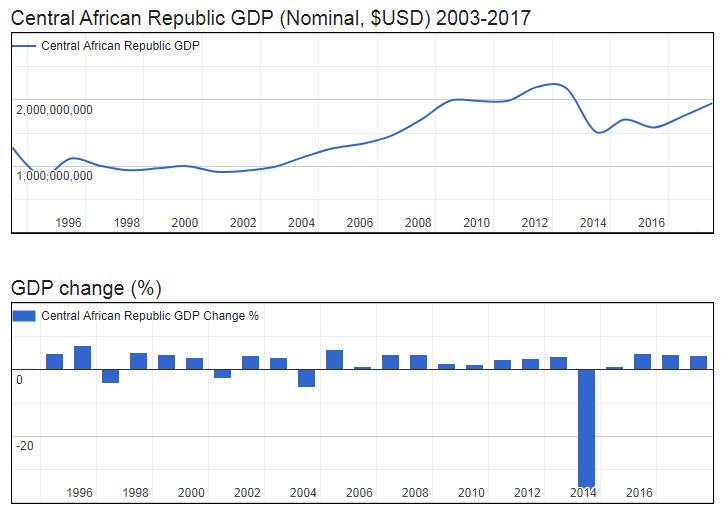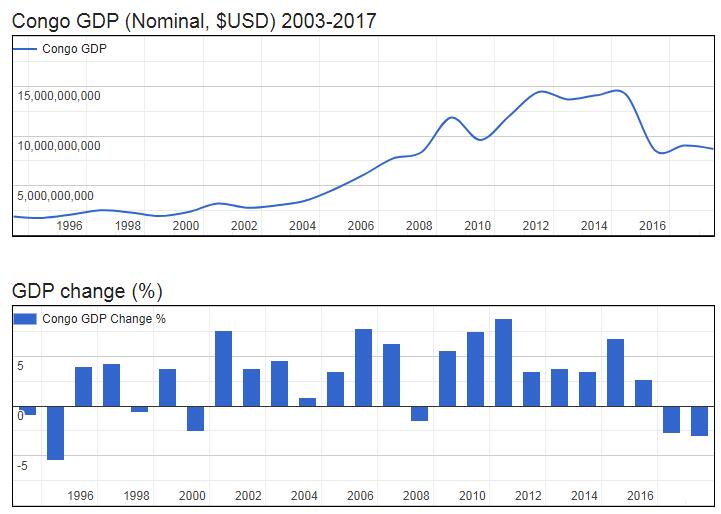The Gambia is a small West African country with a population of around 2.2 million. It is bordered by Senegal to the north and east, and the Atlantic Ocean to the west. The Gambia has an economy that is largely dependent on subsistence farming, fishing, and tourism. Agriculture accounts for more than one-third of GDP and employs around 75% of the labor force. Fishing is also an important sector in The Gambia, with over 50% of its population relying on this industry for their livelihoods.
According to cheeroutdoor, the Gambian economy is largely dominated by subsistence agriculture; crops such as millet, sorghum, corn, and rice are grown on small farms throughout the country. Livestock production such as cattle, sheep and goats are also important sources of income for many rural households. Fishing provides an important source of income for many coastal communities in The Gambia; fish caught include tuna, sardines, mackerels, croakers and shrimp.
The manufacturing sector in The Gambia is small but growing; it produces processed foods such as peanut butter and canned fish as well as textiles and leather goods. Tourism has become increasingly important to The Gambian economy in recent years; it receives around 230 000 visitors each year who come to explore its beautiful beaches and rainforests.
The service sector accounts for around 40% of GDP; this includes banking services such as insurance companies, telecommunications providers and international trade operations. Despite its reliance on foreign aid from countries such as Japan, the UK, Germany and France The Gambia has made significant progress towards economic development in recent years; this includes investment in infrastructure projects such as roads, ports airports and telecommunications networks which have helped attract foreign investors into the country’s markets.
Overall The Gambia’s economy is still relatively underdeveloped compared to other West African countries due to its small size but its government has made significant investments into infrastructure projects which have helped attract foreign investors into the country’s markets making it an attractive place to do business due to its stable political climate compared to other African countries.
In February 2005, Jammeh visited Brazil, where the two countries signed a series of cooperation agreements, including the Brazilian oil company Petrobras to assist Gambia with the exploitation of the oil sources discovered in 2004.

In March 2006, a number of civilian and military persons were arrested, suspected of taking part in a coup d’état led by General Staff Chief Mbure Cham, who according to. the government had escaped to Senegal. Among those arrested were former intelligence chief Abdulaye Kujaby and former finance minister Alieu Jobe. President Jammeh had to return from a state visit to Mauritania.
In 2006, Jammeh ran for a third term as president in the September elections. He won it by 67.3% of the vote. His counterpart, Ousainou Darboe, got 26.7% of the vote and criticized Jammeh for electoral fraud, for threats against voters and for failing to make a fair election.
In January 2007, Jammeh stated that he had developed a cure based on herbal medicine that allegedly could cure HIV/AIDS and asthma. The head of the UNDP office in the country, Fadzai Gwaradzimba, was subsequently thrown out after she expressed doubts about the value of the president’s medicine, saying it could be directly dangerous.
- COUNTRYAAH: Find major trading partners of Gambia, including major exports and major imports with latest trade value and market share as well as growth rate.
In July 2007, President Jammeh criticized what he perceived as the attempts to establish an African unity government: “Some try to run for African unity, but the Gambia cannot be colonized twice,” Jammeh declared without specifying what he was referring to.
In May 2008, the president declared open war on gays, saying he would implement tougher legislation than in Iran. He further stated that he would “cut” the head of any gay or lesbian in the country, and during a meeting in Tallinding, he gave the country’s homosexuals a “last ultimatum” to leave the country or be killed. Jammeh continued his rhetorical rhetoric when in September 2013 he spoke to the UN General Assembly in New York. In February 2014, he talked about fighting homosexuality in the same way that the country fought malaria.
In March 2009, Amnesty International reported that state-sponsored witch doctors had captured about 1,000 Gambians accused of witchcraft and sorcery. They were brought to detention centers where they were forced to drink a poisonous cocktail. The New York Times reported two months later that the witch hunt had started by President Jammeh himself, who believed his aunt’s death a few months earlier was due to sorcery.
During the NATO war against Libya in the spring and summer of 2011, Gambia was the first African country to recognize the National Transitional Council as the legitimate representative of the state. The year before, Gambia had cut off diplomatic relations with Iran after a “mysterious arms shipment” had been brought up in Nigeria.
Note: the capital city of Gambia is Banjul with a population of 437,000 (including suburbs, estimate 2018). Other major cities include Serrekunda, Brikama, Bakau, Farafenni.
The November 2011 presidential election in Gambia, abbreviated as WAG by abbreviationfinder.org, was won by Jammeh with 72% of the vote. He could thus begin his 4th term. The election was overseen by observers from the African Union (AU), the EU, the Organization of Islamic Cooperation and the Commonwealth. The AU described the election as free and fair. ECOWAS did not send any observers, pointing out that: “the electronic media is under the complete control of the ruling party and both opposition and electorate are suffering from repression and intimidation”.
Demography and economic geography. – West African state. The population (1,882,450 at the 2013 census, of which 56% under 19, 1,908,954 residents according to an estimate by UNDESA, United Nations Department of Economic and Social Affairs, in 2014) grew by 3.2 % per year, with a life expectancy of 58.8 years (2013). In 172nd place on the Human Development Index, Gambia has a GDP per capita with purchasing power parity (PPA) of $ 1745 (2014); 61% of the population is in a state of poverty and with a low literacy rate (55%). The residents (59% in urban areas) are concentrated in the Serrekunda agglomeration (Brikama region, 699,704 residents, + 6% annually from 2003 to 2013) and, to a lesser extent, in the capital, Banjul (489,000 residents, 2014 estimate.). After the crisis of 2011, the economy returned to grow by 6-7% a year, driven by re-export trade (80% of exports), the tourism sector (1/5 of GDP), and remittances from Gambians. abroad (10% of GDP). The main sector for the workforce (75%) remains agriculture.



